Hard Water and Aquarium Fish
Updated on 05/27/24
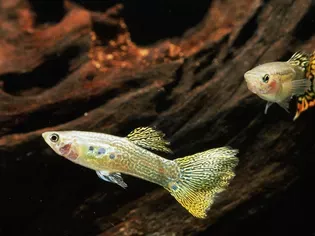
Hard Water and Aquarium Fish: A Comprehensive Guide
Introduction
The quality of water in your aquarium is crucial for the health and well-being of your fish. One important aspect of water quality is its hardness, which refers to the amount of dissolved minerals, primarily calcium and magnesium ions. While some species of fish thrive in hard water, others may struggle or even perish. Understanding the effects of hard water on aquarium fish is essential for successful fishkeeping.
What is Hard Water?
Water is classified as hard when it contains a high concentration of dissolved minerals. These minerals can come from various sources, including geological formations, agricultural runoff, and industrial discharge. Hard water is often characterized by its scale buildup, which can appear on pipes, faucets, and appliances.
The hardness of water is typically measured in parts per million (ppm) of calcium carbonate (CaCO3). Water with less than 75 ppm of CaCO3 is considered soft, while water with more than 150 ppm is considered hard. Water hardness can vary significantly from region to region, depending on the local geology and water sources.
Effects of Hard Water on Aquarium Fish
The effects of hard water on aquarium fish can vary depending on the species. Some fish, such as mollies and guppies, are adaptable to a wide range of water conditions, including hard water. Others, like tetras and discus, prefer softer water and may experience health issues if kept in hard water for extended periods.
Scale and Gill Damage:
Hard water can cause scale damage in fish. The high concentration of minerals in hard water can form a scale film on the surface of the fish's scales, hindering their ability to absorb oxygen and release waste products. This scale film can also irritate the gills, causing respiratory problems.
Reduced Growth and Reproduction:
Hard water has been linked to reduced growth and reproductive issues in some species of fish. The minerals in hard water can interfere with the proper development and functioning of reproductive organs, leading to decreased fertility and fewer offspring.
Increased Disease Susceptibility:
Fish kept in hard water may be more susceptible to diseases. The high mineral content in hard water can suppress the immune system of fish, making them more vulnerable to infections and parasites.
Examples of Fish Affected by Hard Water
* Tetras: Tetras prefer soft water and can experience stress, stunted growth, and respiratory problems in hard water.
* Discus: Discus require very soft water and can be extremely sensitive to changes in water hardness.
* Corydoras Catfish: Corydoras catfish are typically found in soft, acidic waters and can struggle in hard water conditions.
* Betta Fish: Betta fish can tolerate a range of water conditions, but they prefer softer water and may experience health issues in hard water.
Managing Hard Water for Aquarium Fish
If you live in an area with hard water, there are several steps you can take to manage it for your aquarium fish:
Use a Reverse Osmosis (RO) System: RO systems remove impurities and minerals from water, producing pure, soft water that is ideal for aquarium fish.
Use a Water Softener: Water softeners remove calcium and magnesium ions from water, making it softer. However, it's important to choose a water softener that is specifically designed for aquarium use, as some softeners may add chemicals that are harmful to fish.
Use a Peat Substrat Peat moss releases tannins into water, which can naturally lower pH and soften water. You can add peat moss to your aquarium filter or use it as substrate in your tank.
Regular Water Changes: Regular water changes with fresh, soft water can help to dilute the minerals in hard water and improve water quality.
Conclusion
Hard water can pose challenges for aquarium fish, causing health problems such as scale damage, gill irritation, and reduced growth. By understanding the effects of hard water and taking steps to manage it, you can create a healthy and thriving environment for your fish. Always research the specific needs of your fish species and adjust accordingly to ensure their optimal health and well-being.
Explore More Pets
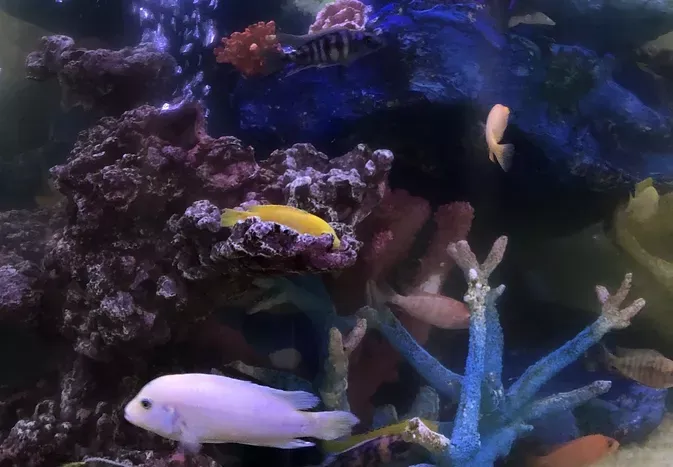
Freshwater Aquarium Filters
How to Deal With Cloudy Aquarium Water
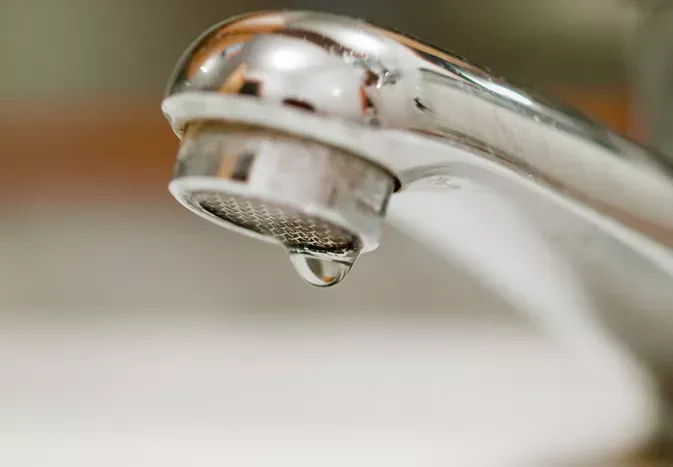
Saltwater Aquarium Filters
How Do You Remove Chloramines From Tap Water?
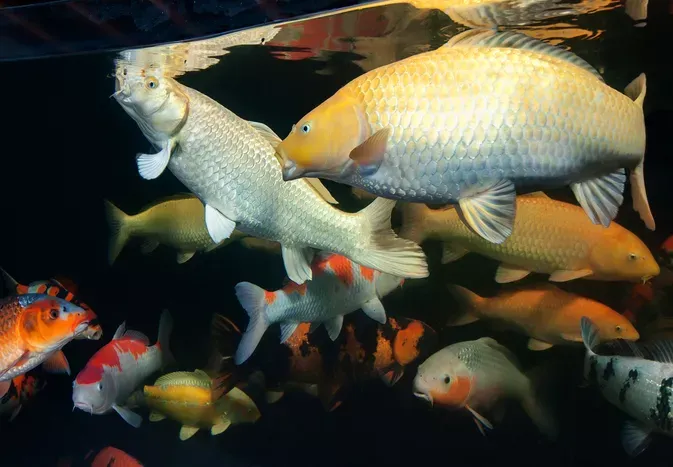
Freshwater Aquariums & Habitat
Can I Keep My Koi Fish Inside?
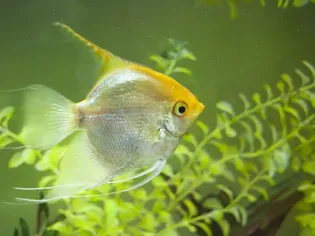
Saltwater Aquariums & Habitat
14 Best Floating Plants for Your Aquarium
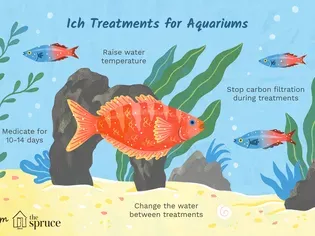
Freshwater Fish Health
How to Treat Ich on Freshwater Fish
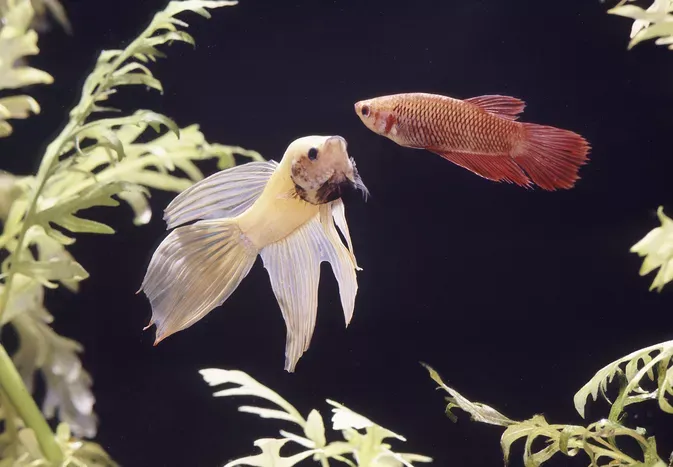
Saltwater Fish Health
Fin Rot in Aquarium Fish
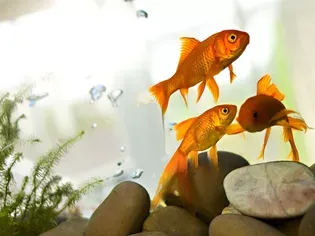
Freshwater Aquarium Filters
How to Do Aquarium Water Changes
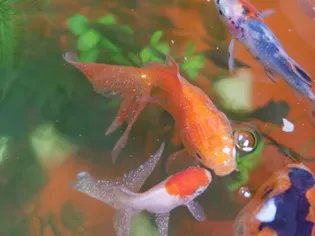
Saltwater Fish Health
How Do Fish Get Parasites?
